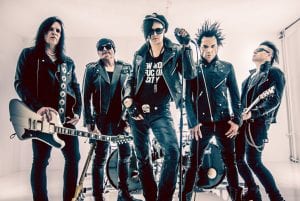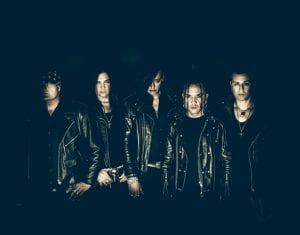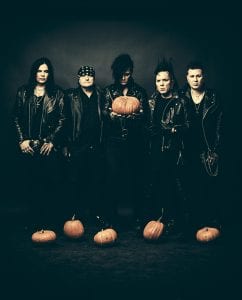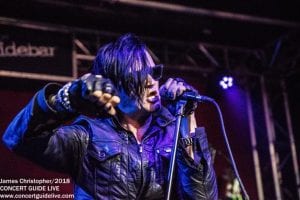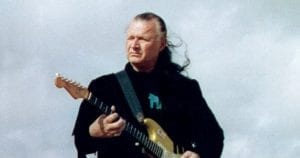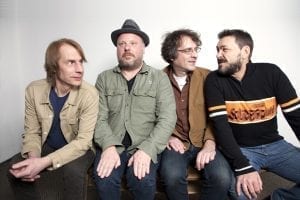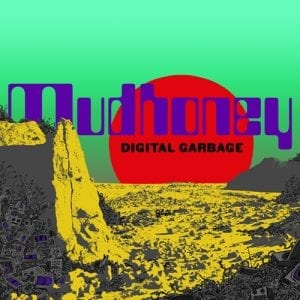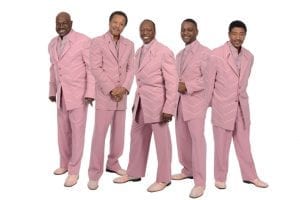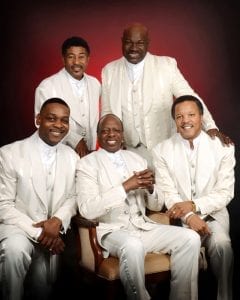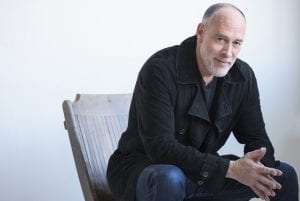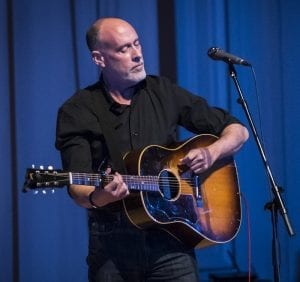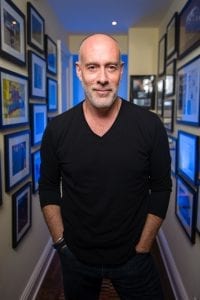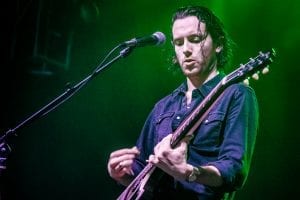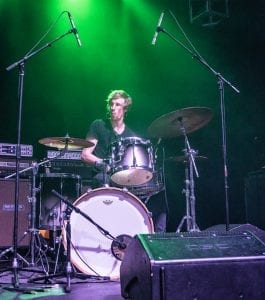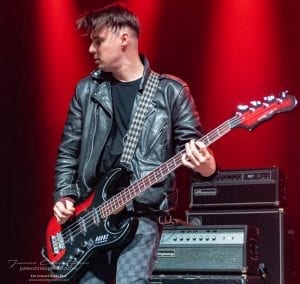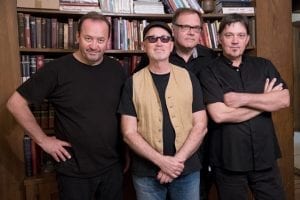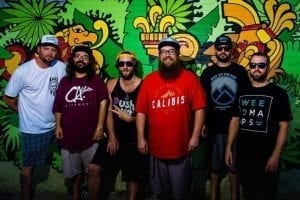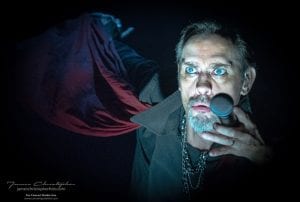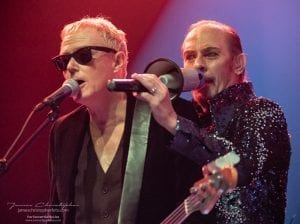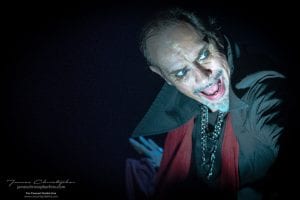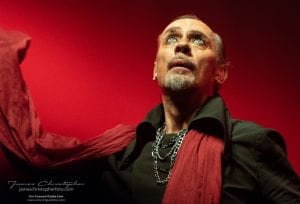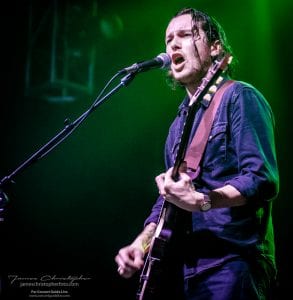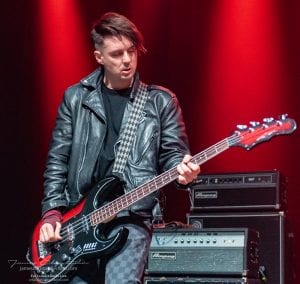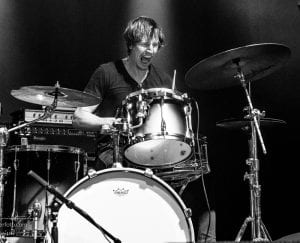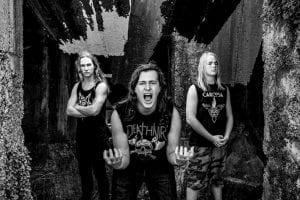“I hope that all of our fans through the years – passersby, friends, vampires, zombies, werewolves, anybody out there – will come to see us,” Jyrki 69 encouraged. “It’s been such a long time, a decade, that we come to play for you guys – I hope that you have a chance to enjoy the true rock-n-roll of the Helsinki Vampires 2019.”
Although a decade has passed since The 69 Eyes have set foot on these shores, the band released the albums X and Universal Monsters and continued to tour the rest of the world. But with new management through Oracle and a new album coming out both coinciding with their 30-year anniversary, the timing seems right.
“The music business changed so radically, and we didn’t see any importance for coming to the States until now,” Jyrki 69 explained. “Obviously as I’ve been playing in the States by myself with my solo project or any other possible way over the years, I love to play in the States. But to bring the whole band from Finland has been a little bit difficult.
“Now times are changing again. It’s perfect. I’m excited.”
CONCERT GUIDE LIVE: I understand there’s a new album in the works, have you announced the title, yet?
JYRKI 69: Unfortunately, it’s not announced, and the new single will come out immediately after our American tour is over which is the end of May. So, I apologize but I will still keep the secret of the name and the name of the single because you know there’s so much information in the world, if you give something out people will forget you tomorrow.
So, you have to sort of play the same game that everybody else is playing even though we are of course totally playing this game on our own terms when it comes to delivering information.
CGL: Will you be playing any of the new stuff, yet, or will this tour concentrate more on your history?
J69: We have a couple of records that we haven’t played any songs live in North America so we will play that stuff. On the other hand, as an artist I think there hopefully will be a bunch of people who never saw us live who are maybe even inspired by our band. I think at some point we became a musician’s band. You know, if you play rock-n-roll you probably know something about The 69 Eyes. I hope there are new people who haven’t seen us that heard about us and who like us or are just curious about what they have missed.
So, for those people and old fans I think we stick with ‘best of’ stuff but you also have to remember that there are songs that have never been played in North America before. I’m actually excited to play any old song for you guys.
CGL: Ok, now we need to get serious. We need to talk hair and makeup.
J69: Actually, that’s a very serious topic these days. Because if you are a self-respecting Gothic or Glam or rock-n-roll band in general you have to think of those questions, as well.
CGL: So, how has it changed for you over the years?
J69: I used to probably wear more makeup at some point a decade ago. I like the fact that you can see from my face that I’ve been around, that I’ve seen a few miles. So, I like that fact. Of course, as a young glam rock guy, when you jump on the stage, you should look like something that doesn’t exist anywhere else but on the stage.
In the kind of rock-n-roll that we are playing, we’re so old school the guys on stage should look like they’re from a totally different planet.
CGL: So how big is your makeup bag? Is it a group bag or does everyone have their own?
J69: Everybody has of course their own private things. I doubt anyone has a group bag? It’s like intimate stuff…how can you…you can’t use somebody else’s eyeliner…I mean that transfers germs, you know? But I guess that’s been done at some point, but I mean you should have your own makeup.
You know, that would be pretty cool if you were putting an ad looking for new musicians, like a glammy band, you should put like ‘bring your own makeup’. That would be pretty cool.
CGL: Vocally, how do you keep in shape, how do you maintain your voice?
J69: I don’t really do anything. I always like to say I trained my voice to be low, it might be true, my speaking voice isn’t as low as my singing voice. I think you can hear the miles, the years, in my voice. I think it’s getting better, actually, through the years.
CGL: So, you’re just going with it – however it changes you’re just working with it.
J69: Yea, I try to represent myself actually, like the makeup question, like I am.
CGL: You speak English extremely well; did you always sing in English?
J69: Yes, actually I’ve tried a couple of times recently to do something in Finnish, that’s my native language as I come from Finland, but that’s actually even harder.
It’s natural for me because when I started to listen to rock-n-roll when I was eight years old, my favorite artist was Elvis, and he was still alive. Rock-n-roll language has always been English for me so, that’s where I learned English and from American tv series. It’s the language of rock-n-roll.
CGL: Is there anything you’d like to add?
J69: I’m very happy where the band is now. Even though it’s like we’re ancient. We’re a 30-year-old rock-n-roll band but I think we have something that the world still needs and the only band that can deliver that stuff in 2019 is The 69 Eyes.
